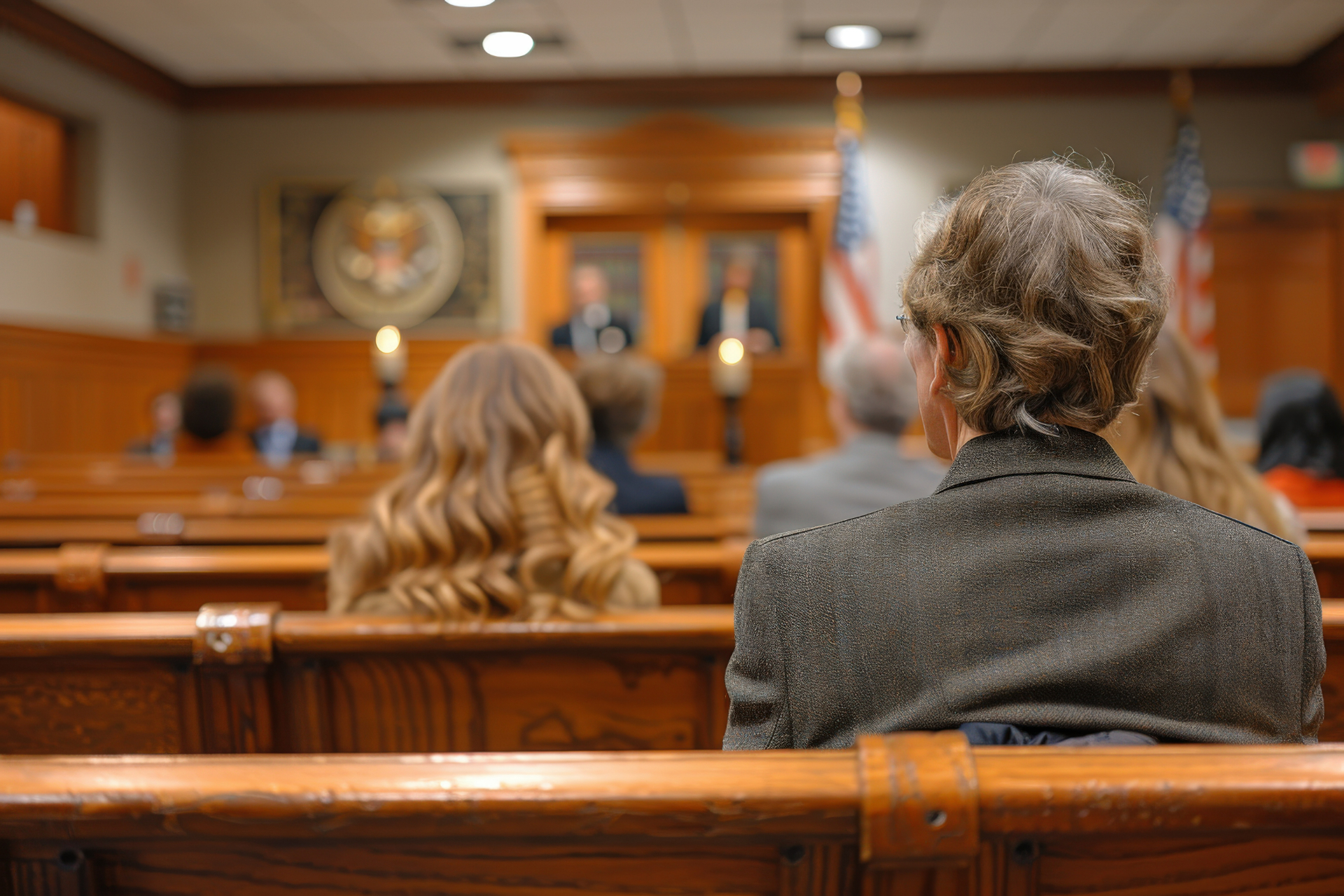The insanity defense has sparked debates and confusion in criminal law. When defendants claim they’re not guilty because they were insane, they’re saying they couldn’t tell right from wrong when they broke the law. But proving insanity in court isn’t easy. It needs both legal and medical experts to weigh in.
Understanding “Not Guilty by Reason of Insanity”: What is Insanity Plea?
An insanity plea is a legal strategy[1] used in criminal cases[2]. The defendant uses this theory to say that they were not in control of their actions or mind due to a severe mental disorder. This means that they should not be blamed for the crime. It is different from the competency to stand trial[3], which is a determination of whether someone can take part in a trial. Being fit to stand trial checks if someone can take part in court. The insanity defense, however, looks at the person’s state of mind when they broke the law.
Legal Standard for Insanity Defense
Some legal standards help to determine criminal insanity in US courts. These are:
- M’naghten Rule[4]: This rule determines whether the defendants were not able to distinguish right from wrong due to mental illness or deficiencies. The courts could consider a person legally insane if they couldn’t understand what they were doing or if it was wrong.
- Model Penal Code’s standard for the insanity defense: This standard looks at “substantial capacity” – if the defendant could know or understand his actions or handle his behavior due to mental illness. Some states use a version of this test called the irresistible impulse test[5], which determines whether a defendant could control their actions despite knowing they were wrong.

Process of Proving Not Guilty by Reason of Insanity
Successfully claiming to protect an insanity defense involves a rigorous legal and medical procedure. Here are the major stages:
- Proof of evidence: In most places, defense has the responsibility to show that the defendant was not guilty due to insanity when crime happened. Some states require “clear and concrete evidence”, while others use the “pre -evidence of evidence” standard.
- Testing proceedings: Health professional experts act as witnesses and talk about the mental state of the defendant during the trial. The prosecution often argues that the defendants meant to commit a crime and knew what they were doing.
- Plea of insanity: The defense lawyer should raise the argument of an insanity plea at the initial stage of the legal process, usually during the prosecution.
- Psychiatry test: The accused should conduct several psychiatric tests to investigate whether they are insane. A forensic psychologist[6] or psychiatrist does this test.
What Happens After a Successful Insanity Defense?
When a defendant is found not guilty because of insanity, he or she does not walk free; normally, they are committed to a mental institution for proper medical treatment. Confinement duration may depend on the level of their condition and according to state regulations.
- Hospitalization and Treatment: A defendant will receive psychiatric care for proper treatment and monitoring.
- Periodic Reviews: Courts check the mental status of the accused periodically and then determine if they are still dangerous to society.
- Potential Release: If the court and mental health professionals determine that the accused is no longer a danger to society, they may be released conditionally or fully.
In some cases, a defendant may spend more time in a mental institution than they would have if they were convicted and sentenced to prison.
Legal Representation in Verdicts of Not Guilty by Reason of insanity
The not-guilty-by-reason-of-insanity verdict case requires professional legal services. An experienced criminal defense attorney helps to develop a solid defense through medical evidence, psychiatric expert involvement, and powerful arguments in court. As laws on insanity defense differ from state to state, legal advice is given to the case to make sure it is in accordance with the jurisdictional requirements and standards.
A professional lawyer also assists defendants in navigating the legal process from pre-trial evaluations to post-trial commitments, fighting for fair treatment. Selecting a lawyer who is experienced in mental health law can significantly improve the likelihood of an effective defense and ensure the defendant receives appropriate care rather than punitive treatment.
Proving not guilty by reason of insanity is a challenging legal battle requiring substantial evidence, psychiatric evaluations, and skilled legal representation. While it can offer an alternative to traditional criminal punishment, it often results in long-term psychiatric treatment rather than complete freedom.
If you or someone you know is facing this situation, seeking a qualified attorney is essential. Contact Manshoory Law Group to schedule your consultation today!
References
- Feuerstein, S., Fortunati, F., Morgan, C. A., Coric, V., Temporini, H., & Southwick, S. (2005, September 1). The insanity defense. https://pmc.ncbi.nlm.nih.gov/articles/PMC2993532/
- Manshoory Law Group, APC. (2022, January 19). Steps in a criminal case | How criminal cases work | Manshoory Law. https://manshoorylaw.com/stages-criminal-case-process/
-
Manshoory Law Group, APC. (2024, March 27). California Penal Code 25 PC | Manshoory Law Group. https://manshoorylaw.com/california-penal-code/penal-code-25/
-
Strom, S., JD. (2023, November 30). The M’Naghten rule. Findlaw. https://www.findlaw.com/criminal/criminal-procedure/the-m-naghten-rule.html
-
Future of the Defense of Legal Insanity (From Future of Criminal Justice, P 178-186, 1982, Gene Stephens, ed. – See NCJ-87185) | Office of Justice Programs. (n.d.). https://www.ojp.gov/ncjrs/virtual-library/abstracts/future-defense-legal-insanity-future-criminal-justice-p-178-186
-
Forensic psychology. (n.d.). https://www.apa.org. https://www.apa.org/ed/graduate/specialize/forensic
